About
Inspired by Denver’s decriminalization of psilocybin, the Clarity Project was founded in 2019. We are comprised of doctors, therapists, medical professionals, advocates, and researchers interested in using or currently using psilocybin and related modalities in Hawai'i. Our network also includes patient advocates, members of the hospice/end-of-life care community, and cognitive liberty/consciousness community members.
We are a part of a growing global movement for the decriminalization of psilocybin.
What is Psilocybin?
Psilocybin is a medicinal psychoactive component released when certain varieties of edible mushrooms are ingested. Research out of Johns Hopkins University, Imperial College in London, and other major research institutions has determined that when administered in a clinical setting, it has the potential to assist in the treatment of various issues related to addiction, depression, and anxiety.
National
The FDA granted Breakthrough Therapy designation of psilocybin therapy for treatment-resistant depression in 2018.
State
Several states are currently taking measures to decriminalize psilocybin. Most notably, efforts in Oregon and California are being taken to get an initiative on the November 2020 ballot. In addition, Iowa GOP lawmaker Rep. Jeff Shipley has proposed bills to allow state regulators to approve the reclassification of psilocybin to be used in treatment and to remove it from the state’s list of banned substances.
Local
Denver was the first city to decriminalize the personal use, possession, storage, and cultivation of psychedelic mushrooms. Oakland subsequently became the second city, decriminalizing all entheogenic plants and psychedelic mushrooms. Currently, an organization in Memphis is working to increase literacy on the benefits of medicinal mushrooms and pushing for “common sense psilocybin laws”.
The available draft bills/initiatives are:
Psilocybin in Clinical Settings
While research is still young, the current clinical findings for the therapeutic use of psilocybin is promising. A series of small but rigorous studies suggest that a single psilocybin trip guided by trained professionals has the potential to relieve anxiety in cancer patients, bring relief to people struggling with depression, and break addictions to cigarettes, alcohol, and cocaine.
Based on clinical findings, psilocybin may have facilitated understanding about the origins of depression and other psychiatric disorders. Researchers at Imperial College studied fMRI brain scan images of participants experiencing ego dissolution during psilocybin therapy and found significant reduced brain activity in the default mode network, which is involved in “metacognitive” processes including self-reflection, mental time travel, theory of mind, and the self-narrative. It seems that psilocybin has the power to disrupt harmful mental habits. Dr. Robin Carhart-Harris, head of the Centre for Psychedelic Research at Imperial College of London, states, “taking the default mode network offline for a period of time [...] can, in effect, ‘reboot’ the brain, jog it out of its accustomed grooves, and open a space for new pathways to arise.”
As a result, these scientists suggest that the default mode network could be the source of the ego. Under psychedelics, the ego defenses relax and allow unconscious material and emotions to enter awareness and allow for the sensation of togetherness or oneness with the world. Mental illnesses such as depression, anxiety, addiction, and obsession all contribute to a lack of connection to other people and the outside world. This study suggests that these illnesses manifest as a result of an overactive ego.
Research Institutions
Research on psilocybin is being funded at the following institutions:
Press
Fortune
How psychedelic drugs may revolutionize mental health care
February 17, 2020
Hawaii News Now
Cannabis is practically mainstream. Could ‘mushrooms’ be next?
February 6, 2020
Hawaii Civil Beat
Let’s Study The Benefits Of Magic Mushrooms
January 28, 2020
